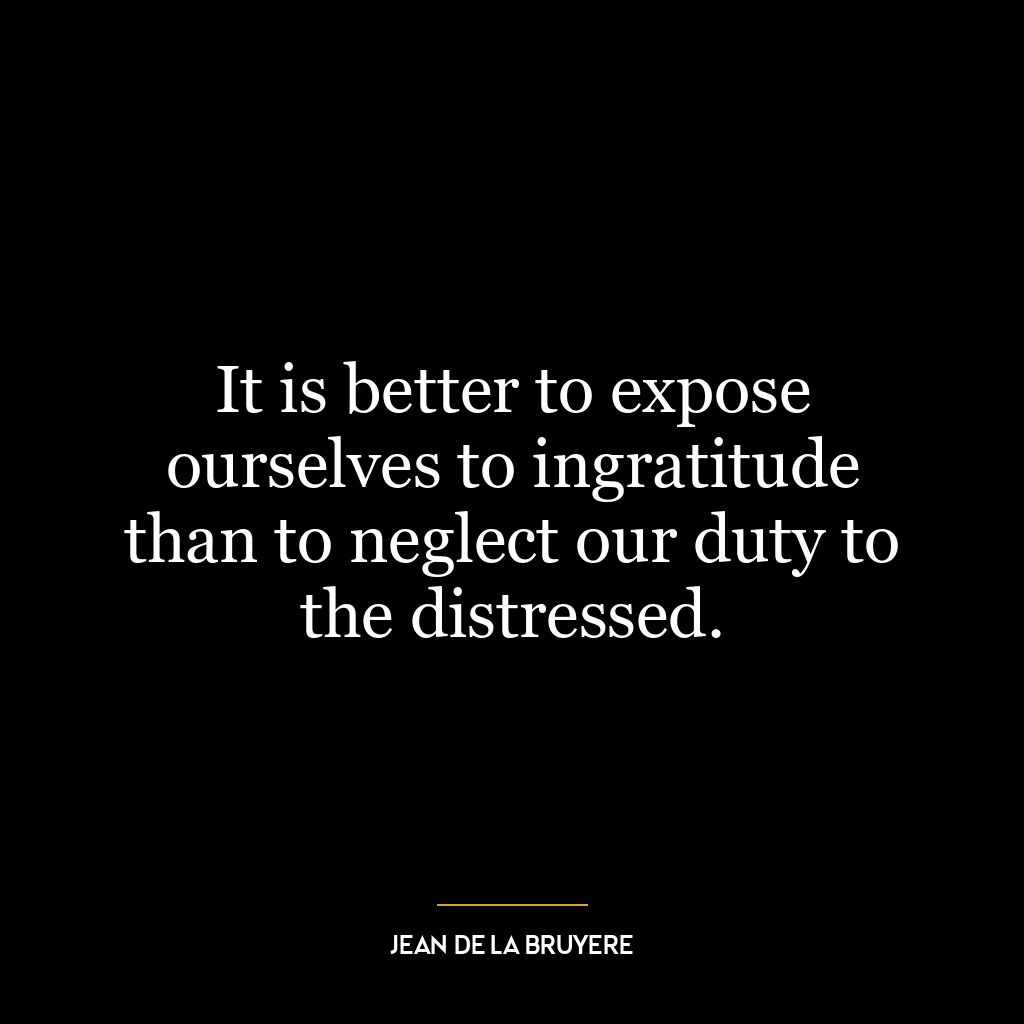It is not noble to return evil for evil, at no time ought we to do an injury to our neighbors.
This quote emphasizes the virtue of non-retaliation and kindness even in the face of adversity or harm. It suggests that it’s not honorable or virtuous to respond to harm with harm, to evil with evil. Instead, we should always strive to avoid causing harm to others, even if they have wronged us.
The first part of the quote, “It is not noble to return evil for evil,” suggests that retaliation, even if it seems justified, is not a noble or honorable action. It’s easy to react to harm with harm, to let our anger and hurt dictate our actions. However, this quote suggests that true nobility lies in resisting that impulse.
The second part of the quote, “at no time ought we to do an injury to our neighbors,” broadens this concept. It asserts that we should never intentionally cause harm to others, regardless of their actions towards us. Our neighbors in this context could mean anyone around us, not necessarily just the people living next door.
In today’s world, this idea can be applied in various scenarios. For instance, in a situation where someone spreads false rumors about you, instead of spreading false rumors about them in return, you could choose to address the situation with truth and kindness.
In terms of personal development, this quote encourages emotional maturity and empathy. It asks us to consider not just our feelings, but the feelings of others. It encourages us to rise above our instinct for revenge and instead act with kindness and understanding. This can lead to personal growth, as it requires self-control, patience, and empathy.
Moreover, if this principle were applied on a larger scale, it could lead to more peaceful societies. If everyone chose not to return evil for evil, conflicts might deescalate rather than intensify. This principle, while challenging to implement, could be a step towards a more compassionate world.











